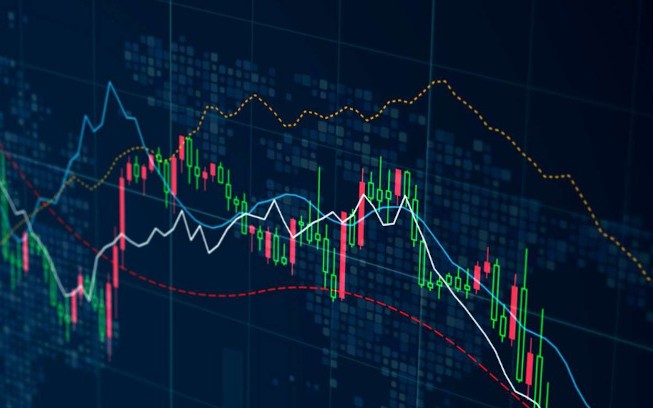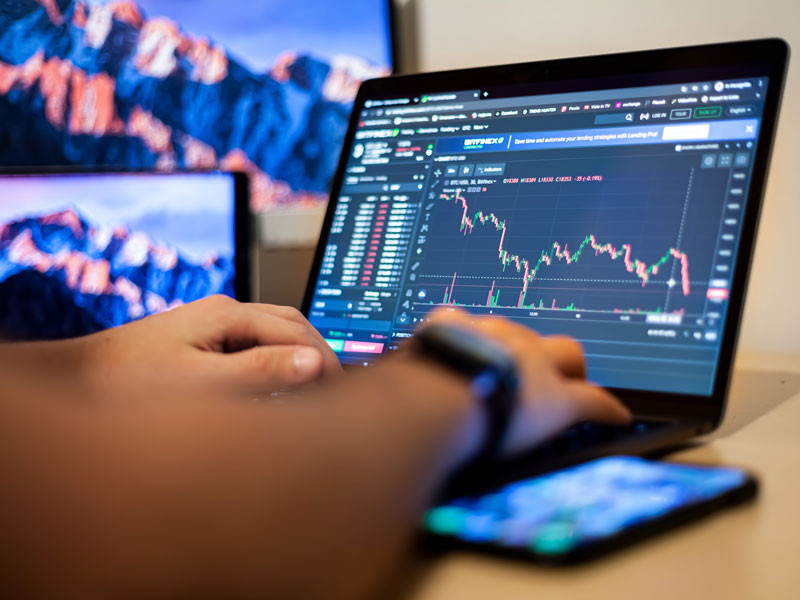
Online forex trading has revolutionized the investment landscape, allowing traders to buy and sell currencies from the comfort of their own homes. With the rise of technology and the internet, forex trading has become more accessible to a broader audience. Whether you are a seasoned trader or a beginner looking to dip your toes into the world of currency trading, understanding the fundamentals is crucial. This article will delve into various aspects of online forex trading, including strategies, tools, and tips, all enhanced by resources such as online forex trading South Africa Brokers.
What is Forex Trading?
Forex trading, or foreign exchange trading, involves the exchange of one currency for another in the global market. It is one of the most liquid and fastest-moving markets in the world, with trillions of dollars being traded daily. Traders aim to profit by speculating on the price fluctuations between currency pairs, such as the US Dollar and the Euro (USD/EUR).
The Basics of Currency Pairs
Currencies are quoted in pairs, consisting of a base currency and a quote currency. The base currency is the first currency listed in the pair, while the quote currency is the second. For example, in the EUR/USD pair, the Euro is the base currency, and the US Dollar is the quote currency. When trading, if you believe the Euro will strengthen against the Dollar, you would buy the EUR/USD pair.
Understanding the Forex Market
The forex market operates 24 hours a day, five days a week, opening on Sunday evening and closing on Friday evening. It is divided into three major trading sessions: the London session, the New York session, and the Asian session. Each session has its characteristics, with different currency pairs experiencing varying levels of volatility and liquidity during these times.
Choosing the Right Forex Broker
Choosing a reliable forex broker is one of the most critical steps for successful trading. A good broker should offer competitive spreads, fast execution speeds, a user-friendly trading platform, and robust customer support. Additionally, it’s essential to verify that the broker is regulated by a credible authority to ensure your funds’ safety and security.
Implementing Forex Trading Strategies

There are several trading strategies that participants can employ in online forex trading. These strategies can be broadly categorized into three main types: day trading, swing trading, and position trading.
1. Day Trading
Day trading involves buying and selling currencies within the same trading day. Traders who adopt this strategy aim to capitalize on small price movements and close all positions before the market closes to avoid overnight risk.
2. Swing Trading
Swing trading involves holding positions for several days to take advantage of expected price moves. This strategy requires a good understanding of technical analysis and market trends, allowing traders to make informed decisions based on potential price swings.
3. Position Trading
Position trading is a long-term strategy where traders hold onto their positions for weeks, months, or even years. This approach requires a strong understanding of fundamentals and broader market trends, as it focuses on long-term price movements.
Tools for Successful Trading
To enhance your trading experience, several tools can help improve your decision-making process. These include:

- Technical Analysis Tools: Charts and indicators such as moving averages, RSI, and MACD can help you identify trends and potential entry and exit points.
- Fundamental Analysis: Understanding economic indicators, news releases, and geopolitical events can provide insights into currency movements.
- Trading Platforms: Choose a trading platform that meets your needs, offering features such as automated trading, advanced charting tools, and mobile access.
Risk Management in Forex Trading
Risk management is crucial for any successful trading strategy. It involves setting appropriate stop-loss orders, determining position sizes, and never risking more than a specific percentage of your trading capital on a single trade. This approach can help protect your account from significant losses and maintain a sustainable trading career.
Continuously Educating Yourself
The forex market is constantly changing, and staying informed is essential for success. Engaging in ongoing education through trading courses, webinars, and market analysis can help you refine your skills and adapt to new market conditions.
The Role of Psychology in Trading
Understanding the psychological aspects of trading is vital for maintaining discipline and making rational decisions. Emotional trading, driven by fear or greed, can lead to significant losses. Develop a trading plan that outlines your strategies and stick to it, regardless of market fluctuations.
Conclusion
Online forex trading offers exciting opportunities for traders willing to invest time and effort into understanding the market. By choosing the right broker, implementing effective strategies, utilizing trading tools, and managing risk appropriately, you can enhance your trading experience. Keep educating yourself and remain disciplined in your approach, and you’ll be well on your way to mastering the art of forex trading.
